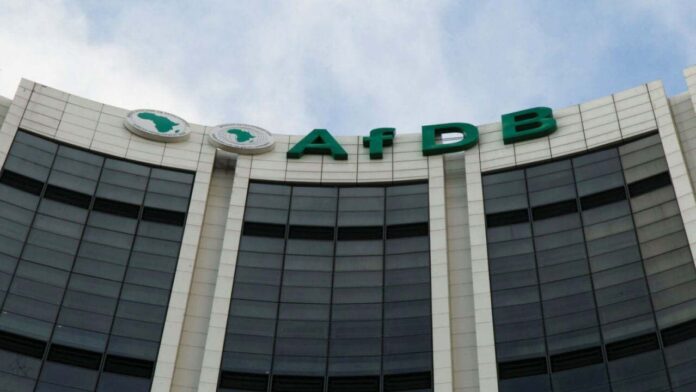Abuja, Feb. 18, 2024: The African Development Bank (AfDB) Group and the Lake Chad Basin Commission (LCBC), have agreed to transform the living conditions of Nigerians and other member countries of the commission.
Mrs Marie-Laure, Akin-Olugbade, AfDB’s Vice-President in charge of regional development, integration, and execution of activities, said this in a statement on Sunday in Abuja.
Akin-Olugbade spoke at the official signing ceremony of the Memorandum of Understanding (MoU) for Cooperation between the AfDB Group and the LCBC.
The MoU was signed on sidelines of the 37th Summit of Heads of State and Governments of African Union Commission in Addis-Ababa.
She said :“this MoU involves transforming the living conditions of the 50 million people living in the six member countries of the LCBC.
“They include the Chad, Nigeria, Cameroon, Niger, the Central African Republic, and Libya.
“ This will also have a positive impact on the ecosystem of the Lake Chad watershed.
The Lake Chad, once considered the sixth largest inland body of water in the world, covering an area of 25,000 km2, began to shrink dramatically in the 1970s.
By the 1980s, its area had fallen to less than 2,000 km2. This represents a reduction of 92 per cent between 10 and 15 years, with its decline traced to various factors.
Akin-Olugbade said:“climate change and variability have played an important role. Droughts and extremely low rainfall levels have been a constant feature.
“ Population growth is another factor, exacerbating pressure on the basin’s natural resources.
“Since the 1960s, the population of the Chad Basin has quadrupled, and we predict a further doubling by 2050.
“ Lake Chad now supports the livelihoods of approximately two million people along its shores and contributes to the food security for around 50 million people in the river basin.”
According to the vice-president, environmental changes cause or influence by humans, directly or indirectly, have also played a role.
She said this was reflected in the amount of water diverted for irrigation alone, which quadrupled between 1983 and 1994 compared to the amount used in the previous 25 years.
“Today, the Lake Chad Basin is the archetypal “disaster triangle,” combining three factors that threaten livelihoods and create fertile ground for conflict.
“Climate change and environmental degradation, extreme rural poverty and high rates of youth unemployment.
“This MOU is a call to collectively intensify and accelerate actions that will restore and improve carrying capacity degraded ecosystems of the Lake Chad Basin using an intelligent set of sustainable solutions,” she said.
According to Akin-Olugbade, the inclusion of the Democratic Republic of Congo and the Republic of Congo in the MOU, is a great example of the needed collective action.
She said:“the two countries are not currently members of the LCBC, but are significant potential contributors in terms of water resources.
“They are part of the ecosystem that dictates the fate of the Lake Chad basin.
“As the main financial partner of the LCBC for several years, the AfDB has supported investment projects in the basin, totalling more than 241 million dollars.
“ We will now consolidate the gains made through a new integrated regional programme that offers a sustainable solution to the Chad’s challenges and improves the living conditions of the basin’s population.”
While reiterating the basin’s importance, Akin-Olugbade urged the collaboration of relevant stakeholders to revive it to an environmental treasure of the continent and the world.
For his part, Amb. Mamman Nuhu, Executive-Secretary of Lake Chad Basin Commission, thanked the bank for its continued support to the member states of the LCBC.
According to Nuhu, the AfDB has remained the LCBC’s biggest funding partner over the past 20 years.
“The combination of AfDB’s financial resources and the LCBC’s technical expertise will forge a sustainable path forward for the Lake Chad region.
“Our shared goal is to ensure the sustainability of the Lake Chad Basin, especially the Lake, which has dramatically shrunk due to climate change and increased human demands.
“The MoU that we signed today is therefore a manifestation of our commitment to ensuring water security, economic prosperity, and stability in the region.
“ It is an integral part of our shared goal – to build climate resilience and sustainable growth,” he said.
He therefore urged LCBC’s partners to collaborate with the bank to enhance synergies in support of the development of the Lake Chad Basin.




